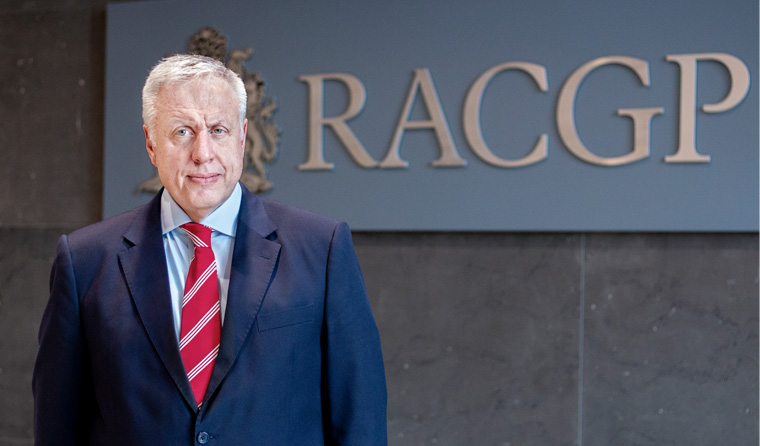News
RACGP warns photo ID Medicare cards may increase risk of fraud
President Dr Harry Nespolon has warned the One Nation plan would not solve fraudulent use and may raise the ‘spectre of the Australia Card’.
 The Medicare card should be used for healthcare, not as an identification card, the RACGP believes.
The Medicare card should be used for healthcare, not as an identification card, the RACGP believes.
Speaking before the Senate Community Affairs Legislation Committee, Dr Nespolon said the private bill proposed by One Nation to include photos on Medicare cards could in fact ‘exacerbate’ the relatively rare fraudulent use of the cards.
‘[T]here is a risk that, with the introduction of photographs, Medicare cards could become de facto ID cards that are then easily forged or obtained for the purposes of fraud,’ Dr Nespolon told the hearing.
‘Putting photos on Medicare cards may raise the spectre of the Australia Card.
‘The Medicare card should only be used for healthcare and not as a population identification card.’
One Nation leader Pauline Hanson called for photo ID on Medicare cards to crack down on what she dubbed fraudulent ‘doctor-shopping’, which she claims is due to people seeking refugee status.
Ms Hanson introduced the private bill to the Senate in February.
‘These people are doctor-shopping. Then they get their scripts filled, take the medication back to their own country and sell it on the black market,’ she told Parliament.
‘As it stands, the use of Medicare cards is wide open to rorting, with nothing to stop a person who does not qualify for free or subsidised medical assistance from borrowing a card from a friend. And it does happen.
‘When was the last time someone checked your ID when you used your Medicare card? It has never happened to me.
‘Presently, there is nothing to stop someone from sharing their Medicare card with anyone who hasn’t been issued with one, or is not eligible for a card, in order to source medical services at cost to the Government.
‘As a result, health providers have no way of verifying that the name on the card is that of the person they are treating.’
But Dr Nespolon said the RACGP’s Standards for general practices (5th edition) already require all accredited practices – 86% of all practices across Australia – to verify identities using a minimum of three different patient identifiers at every attendance.
‘When identifying a patient, the Medicare card number is not an identifier,’ Dr Nespolon told newsGP.
Dr Nespolon said the idea of photo ID would be logistically difficult to implement and questioned how often infants would need photos updated and whether parents would have to carry a separate card for each child, given how hard it would be to include five photographs on a single card.
 RACGP President Dr Harry Nespolon says the plan would be ‘logistically difficult to implement’.
RACGP President Dr Harry Nespolon says the plan would be ‘logistically difficult to implement’.
He also raised the issue of possible environmental impacts of producing greater numbers of cards.
‘Medicare already issues 4.5 million plastic cards each year, when in the vast majority of circumstances only the number is required,’ he said. ‘The Senate should be recommending … a move towards electronic versions, rather than retaining the plastic versions.’
Dr Nespolon warned that changing identification requirements for healthcare could impact vulnerable communities, such as Aboriginal and Torres Strait Islander peoples.
‘Cultural factors must be taken into account to ensure that certain groups do not delay access to essential treatment due to concerns about excessive monitoring that stem from historical issues relating to lack of trust,’ he said.
In their submission, the Australian Medical Association (AMA) also stressed the potential discriminatory effect on a range of vulnerable groups, who had historically found it difficult to obtain a Medicare card.
Dr Nespolon suggested that if a photo ID solution had to be introduced, the RACGP would prefer a digital method where a patient’s Medicare number was linked to a photograph able to be accessed by practice staff.
medicare parliament patient identification
newsGP weekly poll
How often do patients ask you about weight-loss medications such as semaglutide or tirzepatide?